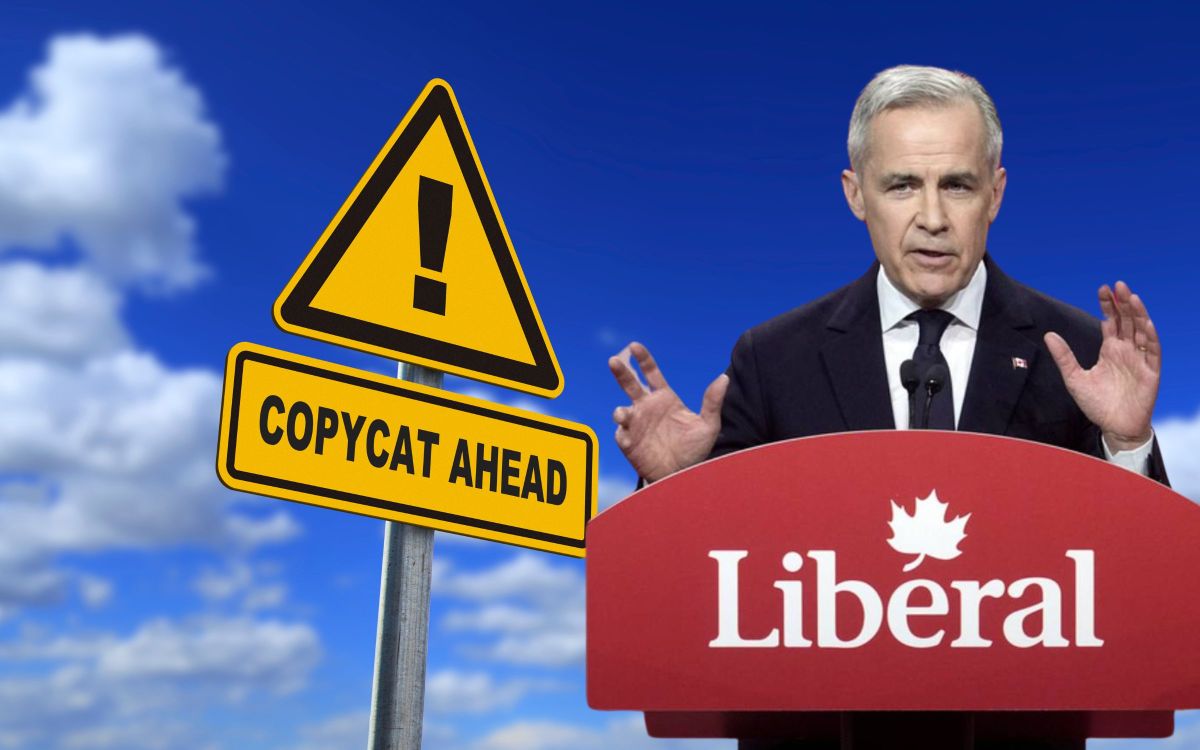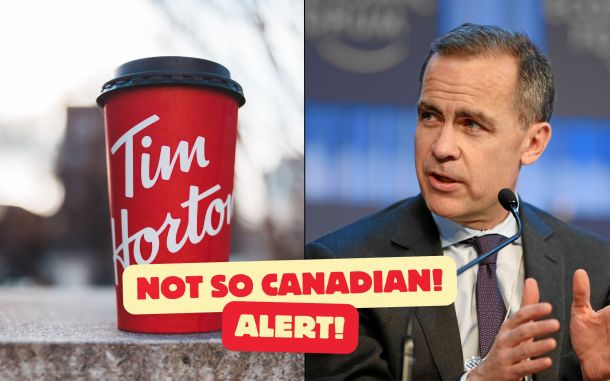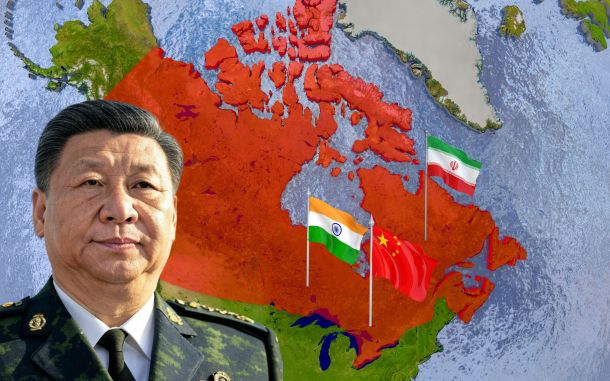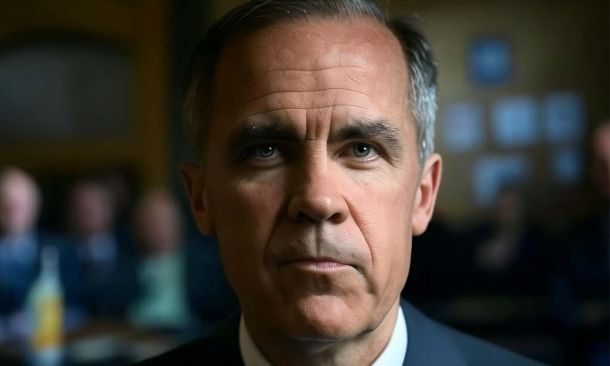Copycat Carney: A Recipe for Canadian Chaos

As Canada barrels toward a pivotal federal election, a troubling trend has emerged in the Liberal camp: Mark Carney, the newly minted Prime Minister and Liberal leader, appears to be cribbing his playbook straight from Conservative leader Pierre Poilievre.
From promises to tackle the cost-of-living crisis to vows of standing up to Donald Trump’s tariff threats, Carney’s rhetoric increasingly mirrors the platform Poilievre has been honing for years. It’s a brazen act of political plagiarism—and one that could spell disaster for Canada if Carney rides this strategy to victory with the help of "woke" voters and, as some speculate, foreign interference from China.
Pierre Poilievre has spent the better part of the last decade sharpening his message. He’s railed against bloated bureaucracies, championed energy projects to bolster Canada’s economic sovereignty, and tapped into the frustrations of Canadians grappling with unaffordable housing and stagnant wages. His ideas—love them or hate them—are his own, forged through years of opposition leadership and a keen ear for the electorate’s pulse. Carney, on the other hand, entered the political arena late in the game, armed with a sterling resume as a former central banker but little in the way of an original vision. Instead of crafting a distinct path forward, he’s opted to poach Poilievre’s ideas, repackaging them with a Liberal sheen to capitalize on the party’s recent polling surge.
This copycat strategy might just work. Canada’s progressive base—those so-called "woke" voters exhausted by nearly a decade of Liberal governance but unwilling to abandon the party’s brand—are rallying behind Carney’s polished demeanor and promises of stability. Add to that the whispers of foreign influence, particularly from China, which has a vested interest in a pliable Canadian government that won’t disrupt its economic foothold. If Carney secures victory on this borrowed platform, with a boost from such external forces, what happens when the well of Poilievre’s ideas runs dry? What will Carney offer when he’s no longer got a rival’s playbook to pilfer?
The answer is grim: a Canada adrift, teetering on the edge of poverty and chaos. Carney’s track record suggests he’s more comfortable in the boardroom than the gritty world of retail politics. His tenure at the Bank of England and Bank of Canada was marked by steady hands during crises, but those crises played out in the predictable realm of markets—not the unpredictable arena of geopolitics and domestic unrest we face today. Without Poilievre’s ideas to lean on, Carney risks reverting to the same tired Liberal policies of the Trudeau era: high taxes, anti-energy dogma, and an obsession with globalist optics over Canadian prosperity. It’s a recipe for stagnation at best, and at worst, a country vulnerable to external pressures—from Trump’s economic bullying to China’s strategic maneuvering.
Canadians should see through this charade. Electing a leader who parrots the opposition isn’t just uninspired—it’s dangerous. Poilievre, for all his bombast, owns his vision. He’s the architect of his ideas, not a mimic. If voters reward Carney’s plagiarism, they’re betting on a hollow shell—a man who might coast to power on stolen rhetoric only to falter when originality is required. A nation facing trade wars, housing crises, and global uncertainty can’t afford a leader who’s out of his depth the moment the script runs out.
The choice is clear. Canada needs the person with the ideas, not the one copying them. Anything less risks plunging us into a future where poverty deepens, chaos reigns, and the promise of a resilient nation fades away. Let’s not trade a visionary for a ventriloquist.








